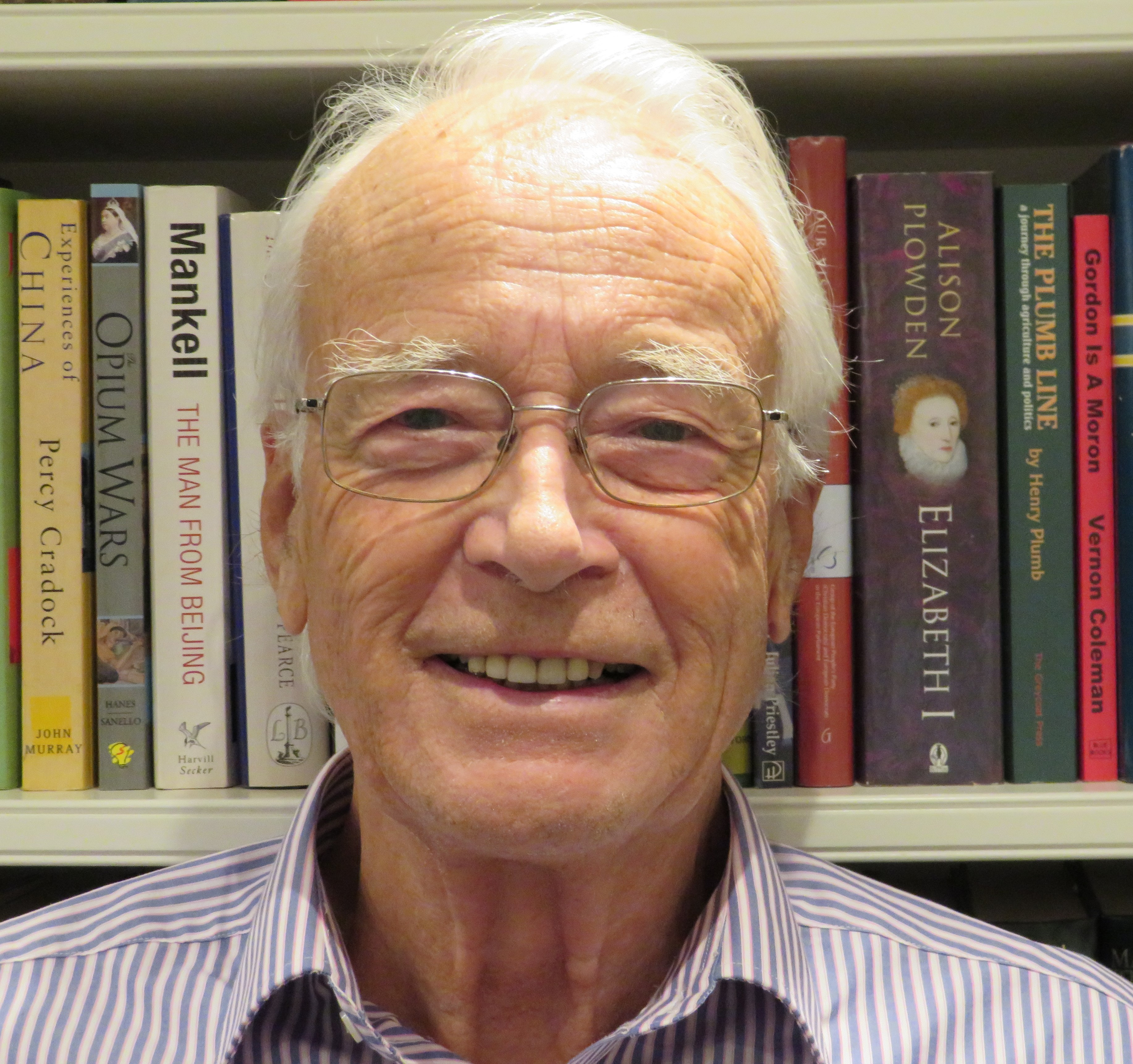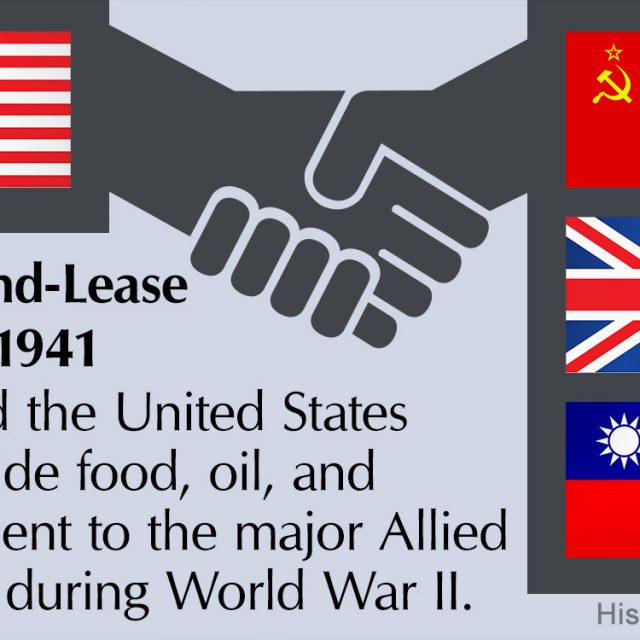Photo by Taras Chernus on Unsplash
Freedom of speech is regarded as one of the most fundamental freedoms underpinning western democracies. The problem now is how to handle abuses of this freedom, writes Philip Bushill-Matthews.
The EU Charter on Fundamental Rights was proclaimed by the European Parliament in 2000. Article 11 proudly stated that ‘everyone has the right to freedom of expression, and that this right shall include freedom to hold opinions and to receive and impart ideas without interference by public authority’. I was there at the time, and it felt a memorable moment.
America was ahead of Europe by over 200 years with the first amendment to their Constitution in 1791 stating that Congress ‘shall make no law ….. abridging the freedom of speech’. President Donald Trump would take full advantage of this freedom by popularising the phrase ‘fake news’: originally coined back in the 1890s, Trump used the phrase 150 times in 2017 and regularly ever since to brand any news he disliked – which was usually most of it.
Social media finally recognised that such freedoms were open to abuse: following the January 6th attack on the Capitol Twitter banned Trump from its platform for two years, soon followed by Facebook and Instagram. Trump immediately launched his own platform filled with his own fake news but called ‘Truth Social’, an echo of the official Russian newspaper Pravda which means ‘truth’! In the weeks after the mid-term elections to Congress nearly half of Trump’s posts were touting baseless election fraud claims, and millions of Americans have been brainwashed to believe the lies.
In January Twitter revised its policy, declaring that users ‘may not share synthetic, manipulated or out-of-context media that may deceive or confuse people and lead to harm’ and on this basis allowed Trump back – on probation. Former US Labor Secretary Robert Reich immediately tweeted ‘Why the hell is Zuckerberg giving Donald Trump a free pass to lie and incite violence?’ A good question, but this issue is not just confined to America.
In the UK there has been an increase in criminals peddling fake news in the form of scams, preying on people to part with their hard-earned savings. The Government has started a special website, warning that ‘criminals try to make you believe that they can offer you something very easily….They will try to make themselves seen very genuine and may use language that sounds official’. In recent years a similar style has been eagerly embraced by UK politicians.
The Vote Leave campaign during the Brexit referendum was filled with fantasy promises that we could have our cake and eat it, that we would be free to make trade deals throughout the world, that there would be no non-tariff barriers and less red tape, and food prices would reduce to name but a few.
One enterprising individual, Marcus Ball, crowdfunded over £300,000 to prosecute Boris Johnson in 2019 for allegedly lying during the campaign, specifically about sending £350m a week to Brussels. The magistrate ruled that Johnson should be summonsed to appear, but this was later overruled by the Royal Courts of Justice saying that the crime of misconduct in public office was about neglect of duties, and that whatever politicians said during the Brexit campaign did not qualify as such misconduct.
Marcus Ball commented ‘We have just given the green light for every politician to lie to us about our money for ever’.
Two earlier judgements come to mind. The first was following the infamous South Sea Bubble scam of 1720, when thousands lost money trusting a get-rich-quick scheme promoted by the Government. Prime Minister Walpole had to clear up the mess, and the former Chancellor of the Exchequer was locked up in the Tower of London: current Prime Minister Sunak should take note…
The second was when Boris Johnson decided to prorogue Parliament for five weeks in order to curtail meaningful debate on his Brexit proposals. This time it was Gina Miller who started a Court case, saying that ‘lies are being told…and a ruthless Prime Minister is subjecting our unwritten constitution to stresses that would have been unimaginable a few years ago’. She won the case, and the judge ruled that the prorogation was unlawful, and that therefore it never happened.
Recently Lord Frost, architect of the flawed trade agreement with the EU, proudly headlined a lengthy article in the press stating that ‘Brexit is a vote of confidence in Britain’. It was no such thing. No UK politician dares say this, but it still needs to be said: the Leave vote was a deliberate and organised fraud perpetrated upon the British people who trusted the untruths they were told. If only this result could also be declared unlawful.
Freedom of speech intended to underpin our democracy is now undermining it. Politicians lying to Parliament is a major offence: lying to voters is quite OK.

The Author, Philip Bushill-Matthews, is the Former Leader of the British Conservatives in the European Parliament




